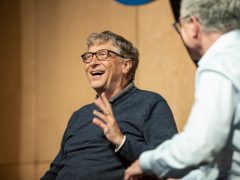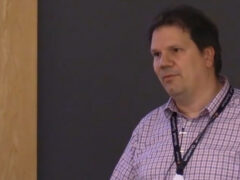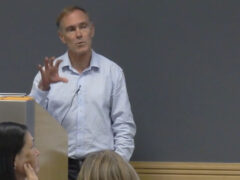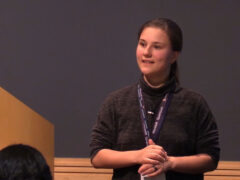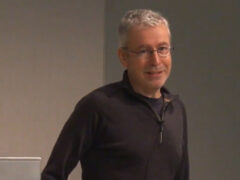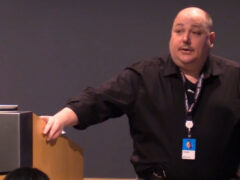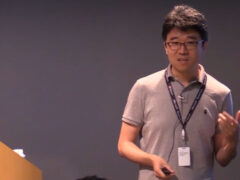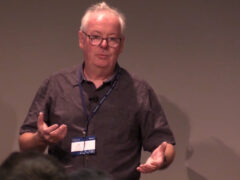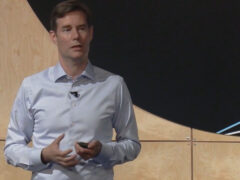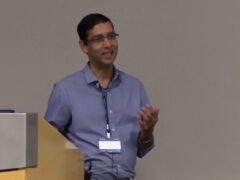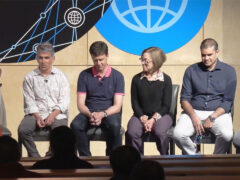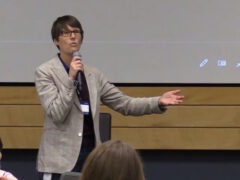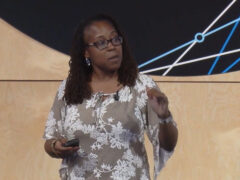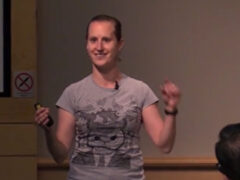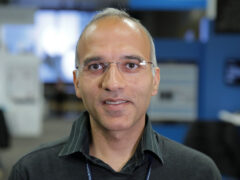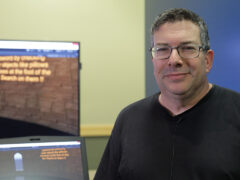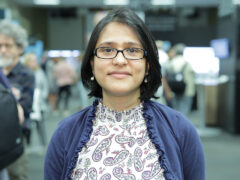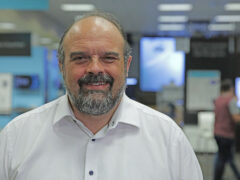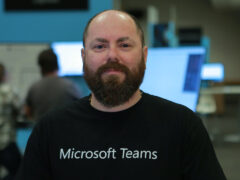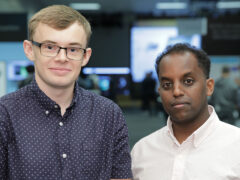Quantum Computing: the Next Frontier
In 1981, Richard Feynman proposed a device called a “quantum computer” that would take advantage of methods founded on the laws of quantum physics and promise computational speed-ups over classical methods. In the last three decades, quantum algorithms have been developed that offer fast solutions to problems in a variety of fields including number theory, optimization, database search, chemistry, and physics. For quantum devices, this past year marks a significant breakthrough. Recent experiments point to the observation of an elusive particle at the heart of several scalable device proposals, called the Majorana fermion. Advancements in understanding the role of quantum speed-ups in the commercial D-Wave One quantum processor, which has been the subject of intense debate, have also been made.
This session of the 2013 Microsoft Research Faculty Summit showcases quantum algorithms with real-world applications and highlights breakthroughs in quantum devices, including Majorana-based devices and the D-Wave quantum processor.
Speaker Bios
Scott Aaronson is the TIBCO Career Development Associate Professor of Electrical Engineering and Computer Science at MIT. His research focuses on the capabilities and limits of quantum computers, and computational complexity theory more generally. His book, «Quantum Computing Since Democritus,» was recently published by Cambridge University Press; he’s also written about quantum computing for Scientific American and the New York Times. He’s received the National Science Foundation’s Alan T. Waterman Award, as well as MIT’s Junior Bose Award for Excellence in Teaching.
Charles Marcus is the Villum Kann Rasmussen Professor and Director of the Center for Quantum Devices, at the Niels Bohr Institute, University of Copenhagen in Denmark. Marcus received his Ph.D. from Harvard University. He taught at Stanford (1992–2000) and Harvard (2000–2012), where he also served as director of the Harvard Center for Nanoscale Systems (2004–2009). Marcus’s research focuses on quantum coherence in electron devices and solid-state implementations of quantum information processing systems. Recent work includes experiments on spin control in semiconductor quantum dot systems, control of electronic states in nanowires, carbon nanotubes and graphene, development of hyperpolarized nanoparticles for medical imaging, interference effects in the fractional quantum Hall regime with the aim of detecting non-abelian particle statistics, and realization and control of Majorana fermions in semiconductor/superconductor hybrid structures. Marcus is a Fellow of the American Physical Society, recipient of the Newcomb-Cleveland Prize from the AAAS, the Presidential Early Career Award, and the Sloan Fellowship.
Matthias Troyer is professor of computational physics at ETH Zurich and consultant for Microsoft Research Station Q. He is a recipient of an ERC Advanced Grant of the European Research Council and a Fellow of the American Physical Society. His research activities center on numerically accurate simulations of quantum many body systems, with applications ti quantum magnets, correlated materials, ultracold quantum gases, quantum devices and topological quantum computing. He achieves progress in simulations through novel simulation algorithms combined with high performance computing approaches. He has initiated the the open-source ALPS projects for the simulation of quantum many body systems in condensed matter physics.
- Date:
- Haut-parleurs:
- Charles Marcus, Matthias Troyer, and Scott Aaronson
- Affiliation:
- Massachusetts Institute of Technology, Niels Bor Institute, ETH Zurich
-
-
Jeff Running
-

Krysta M. Svore
General Manager
-
-
Taille: Microsoft Research Faculty Summit
-
-
Quantum Computing and Workforce, Curriculum, and Application Development: Case study
Speakers:- Krysta M. Svore,
- Martin Roetteler
-
-
-
-
Crowd, Cloud and the Future of Work: Updates from human AI computation
Speakers:- Besmira Nushi,
- Vani Mandava
-
-
-
-
-
Empowering People to Achieve More: How Useful a Concept is Productivity?
Speakers:- Brendan Murphy
-
-
Productivity in Software Development
Speakers:- Neel Sundaresan,
- Margaret-Anne Storey,
- Prem Kumar Devanbu
-
-
-
-
-
-
-
Accessible Virtual Reality
Speakers:- Eyal Ofek
-
Calendar.help: A Virtual Meeting Scheduling Assistant
Speakers:- Pamela Bhattacharya
-
Visual Studio IntelliCode
Speakers:- Mark Wilson-Thomas
-
Microsoft Teams: Collaborate with Any Researcher Anywhere
Speakers:- Jethro Seghers
-
Project Alava: Programming Webs of Microcontrollers
Speakers:- James Devine,
- Teddy Seyed
-
AI in PowerPoint
Speakers:- Kostas Seleskerov

